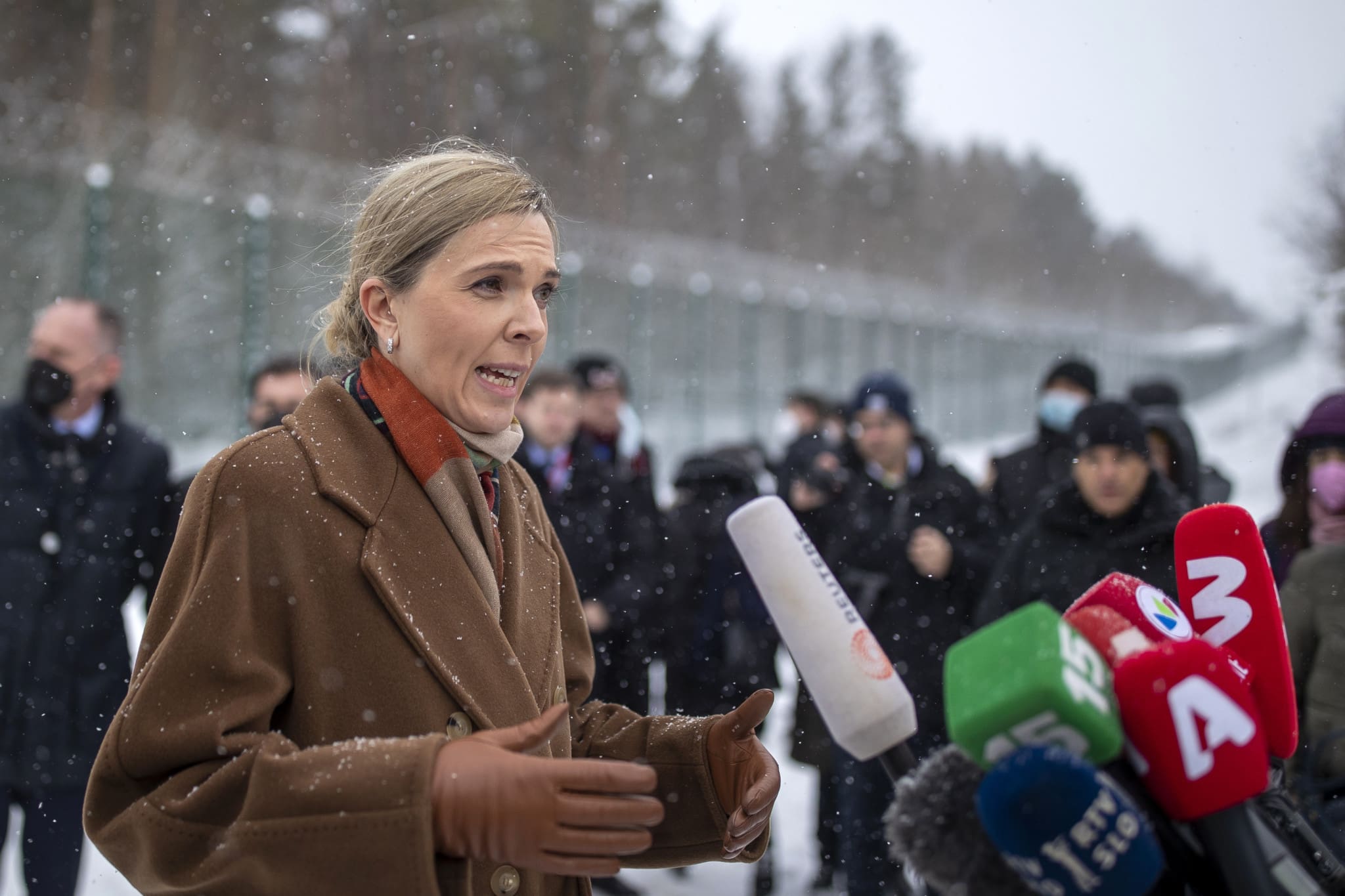The Lithuanian government has approved the push-back measures of migrants at its external borders proposed by the country’s Interior Minister Agnė Bilotaitė in a bid to curb the ongoing crisis.
Border guards have been turning illegal migrants away at the Lithuanian-Belarusian border under a decree of the interior minister signed back in August 2021, but the government wants to introduce legislation to reinforce the practice.
Draft amendments to the country’s existing immigration legislation are due to be sent to parliament immediately, and if approved, the practice will formally come into effect on June 1.
Some reports suggest patrol guards on the Belarusian border are not just denying access to those attempting to cross into Lithuania but are even pushing those who have entered the country back into Belarus.
Interior Minister Agnė Bilotaitė took a swipe at Brussels in a press release on Wednesday, accusing the European Union of working too slowly to address the immediate concerns facing countries such as Lithuania and Poland, both of whom share a land border with Russian ally Belarus.
“EU law is lagging behind developments,” Bilotaitė said.
“Therefore, we must have national measures to defend ourselves against hybrid attacks and the instrumentalization of migration, and these measures have to be enshrined in law,” she added.
[pp id=47172]
The Lithuanian interior minister also revealed that both Estonia and Finland, which both share borders with Russia, were drafting similar legislation.
It is understood the practice will only be implemented following a declaration of a state of emergency, which is currently in force along the country’s Belarusian border.
Lithuania followed the path of both Poland and Hungary in constructing a border wall to protect its territory from an influx of mass migration.
Both Lithuania and Poland have established fences along their border with Belarus following concerns that both Moscow and Minsk are using underhand tactics to wage migration warfare on Eastern Europe, allowing caravans of migrants to walk through their territories to breach the European Union’s external border.
Hungary, meanwhile, has recently reinforced its fence on the southern border with Serbia due to increasing migration pressure.





